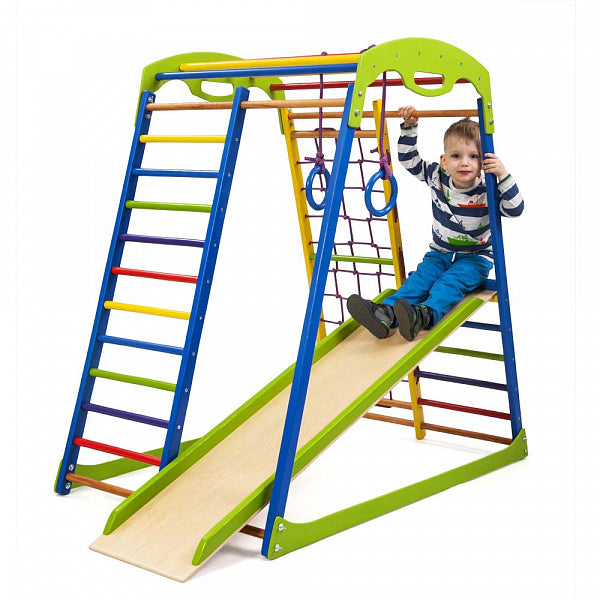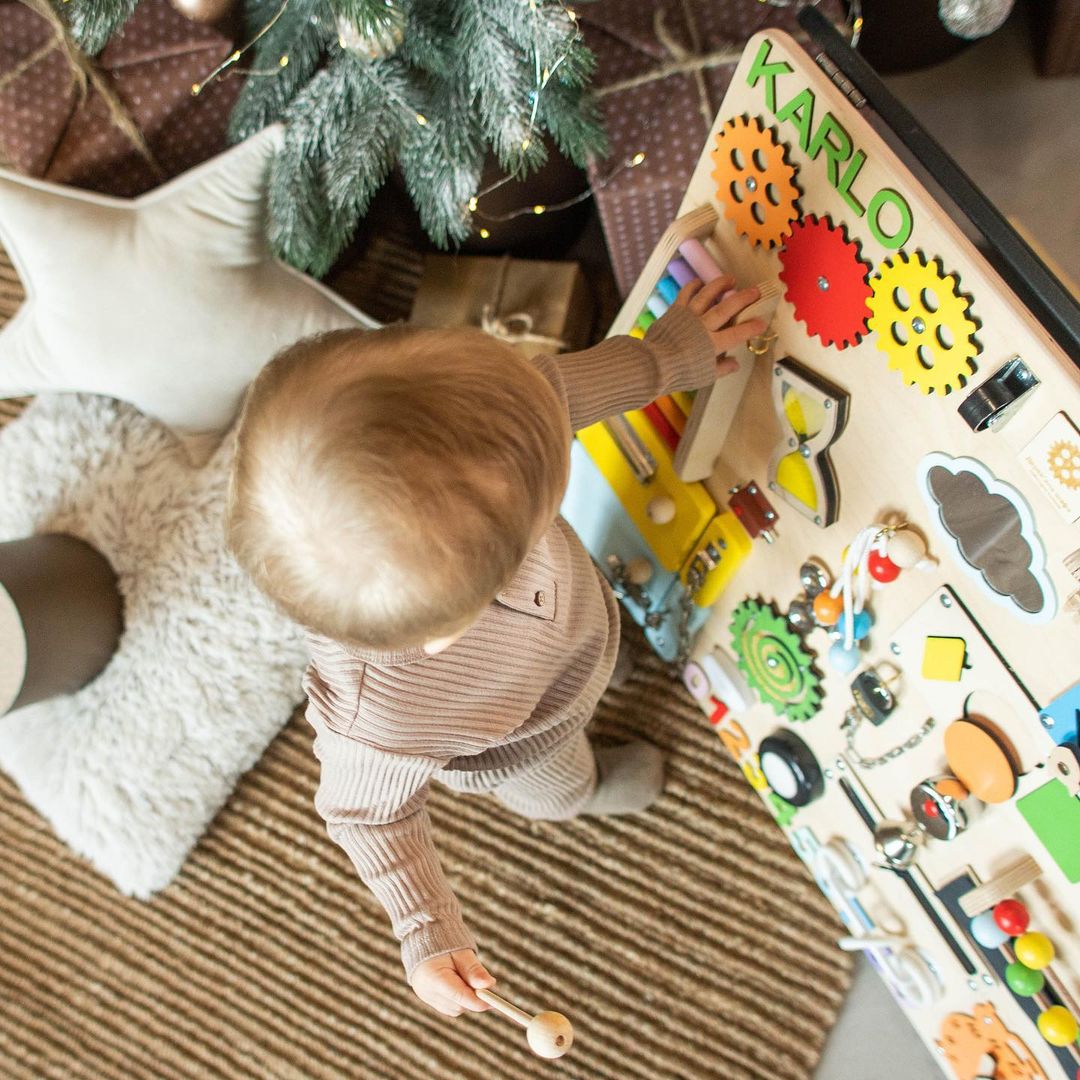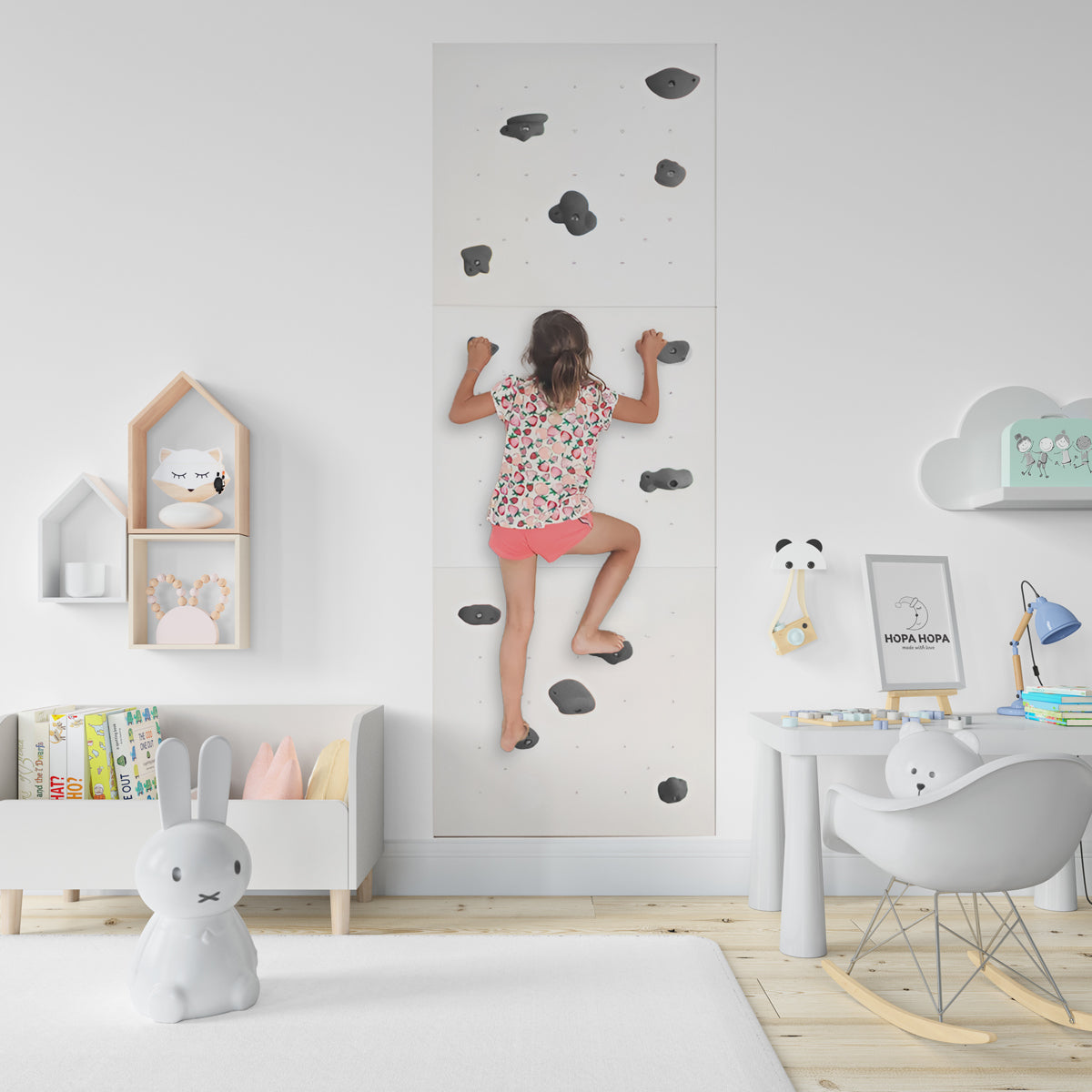Physical activity is fundamental to every child's growth and well-being. Within the Montessori approach, which aligns with children's natural interests and developmental needs, physical activity holds a crucial position. Here’s why incorporating movement is essential in the Montessori method and how it benefits healthy development:
Enhancement of Motor Skills and Coordination: The Montessori method integrates physical activity to support the development of motor skills and coordination. Activities designed within this framework strengthen muscles, improve spatial awareness, and enhance motor abilities, creating a foundation for learning and fostering independence.
Boost to Health and Energy Levels: Regular physical activity contributes to a child's overall health and energy. Engaging in movement and play builds strength and stamina, supports cardiovascular health, and ensures a consistent level of energy, promoting overall vitality.
Improved Focus and Attention: Physical activity also plays a role in enhancing concentration and attention span. Activities involving movement help children release excess energy, allowing them to concentrate better on tasks that follow. This practice helps them gain control over their body and refine their movement management.
Social Skills and Teamwork: The Montessori approach to physical activity, often carried out in group settings, facilitates social interaction and teamwork. Children learn to collaborate, communicate, and share experiences with peers, fostering essential social skills that prepare them for future interactions.
Development of Self-Regulation and Resilience: Participating in physical activities teaches children self-regulation and resilience. Through play and exercise, they learn to manage their emotions, relax, and find calm, equipping them with the ability to handle stress and express themselves positively.
In the Montessori method, physical activity is not just an addition but a core component that nurtures the growth of motor skills, physical health, focus, social interaction, and emotional resilience. Creating an environment that encourages active play and movement is essential to support the healthy development and overall happiness of children. Let’s ensure that every child has the opportunity to grow strong, healthy, and joyful through movement.



